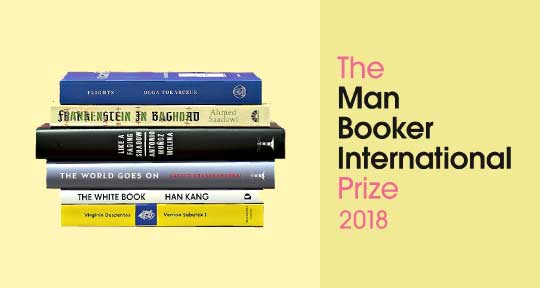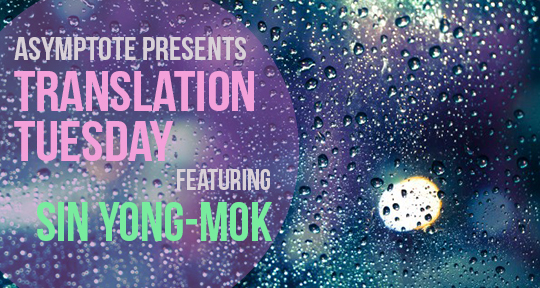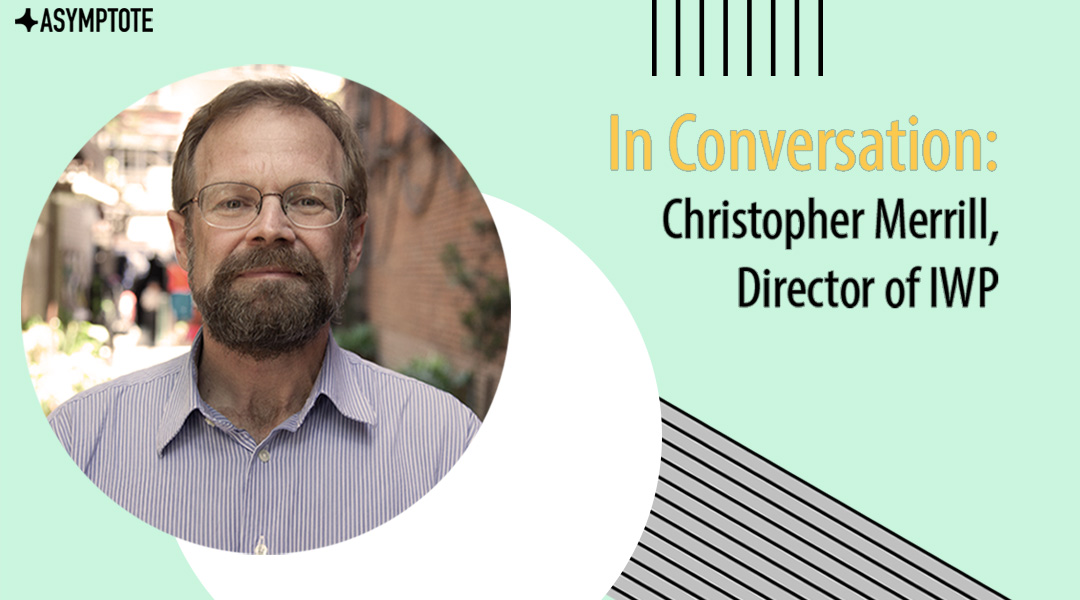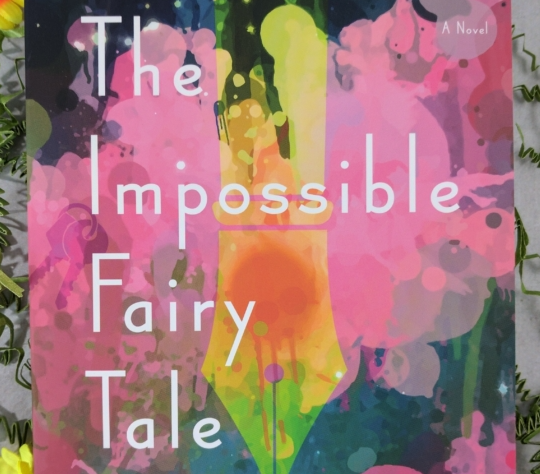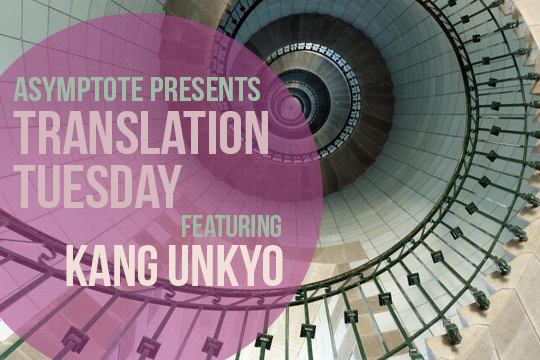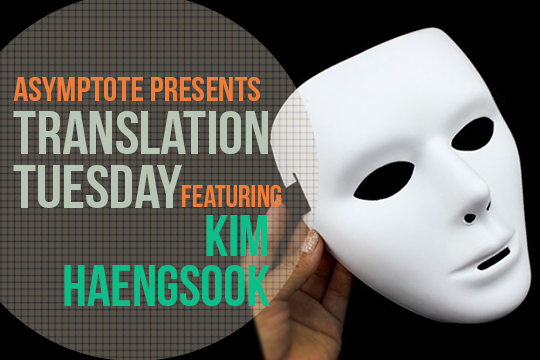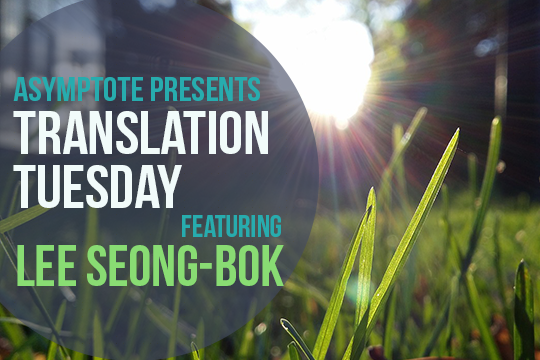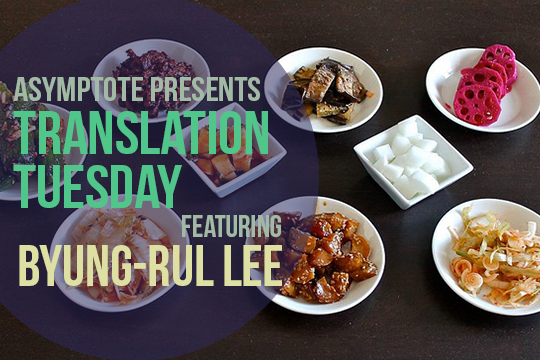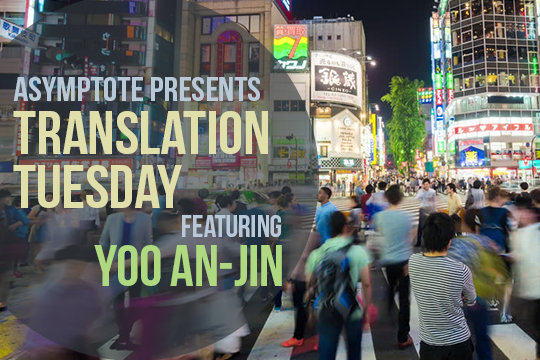It takes a while for the blog to hit its stride. Editing to a quarterly schedule is different than editing to a daily one, we quickly discover. It does not help that both ‘founding’ blog editors jump ship within three months (Nick’s elegiac last post goes up on 30 October; Zack’s 31 December). Fortunately, the rest rally and get us through. (One bright spot from that time is Patty Nash’s breezy roundups—a breath of fresh air.) Five weeks after it inaugurates, Aditi Machado’s post on the blog gets picked up by Poetry’s Harriet Blog, joining mentions in BBC Culture and The Guardian. The Guardian article gives a nod to Asymptote’s first-ever London event in January 2014, also the first of many multi-continental events in honor of our 3rd anniversary. These go on to include panels and readings in New York, Zagreb, Boston, Philadelphia, Shanghai, Berlin, and Sydney over the next three months. A point of pride: determined to organize an event in Asia, I somehow manage to pull off a reading without a single team member on the ground, thanks to NYU Shanghai, contributors Eleanor Goodman and Eun Joo Kim, and a friend who happens to pass through. In New York, under real threat of snowpocalypse, Asymptote supporters Eliot Weinberger, Robyn Creswell, Idra Novey, Jeffrey Yang, and Daniella Gitlin all show up to our anniversary event at Housing Works emceed by then Assistant Managing Editor, Eric M. B. Becker, to read alongside Cory Tamler, first prize-winner of our inaugural Close Approximations translation contest (as written up in WWB Daily’s dispatch here). Here to get you excited for the Winter 2014 issue (featuring, among others, a translator’s note that I got J. M. Coetzee to write) is Alexander Dickow, runner-up to that very contest and Asymptote Communications Manager since April 2017. But, first, check out Winter 2014’s issue trailer—probably our best ever—by then Video Producer Sarah Chan.
I knew of Asymptote since its inception in 2011, but it was only in January 2014 that I was named runner-up in the first edition of Asymptote’s Close Approximations translation contest. That contest has had a lasting impact on my work: I later won a Pen/Heim Translation Fund Grant to finish translating Sylvie Kandé’s Neverending Quest for the Other Shore, which was first showcased in Asymptote and is now under consideration by a major publisher. Evoking the Winter 2014 issue of Asymptote, then, cannot not be a little about my own relationship to Asymptote, even though I was an eager young rookie among the issue’s giants— J. M. Coetzee, Jana Beňová, and Michael Hofmann, to name a few. READ MORE…


